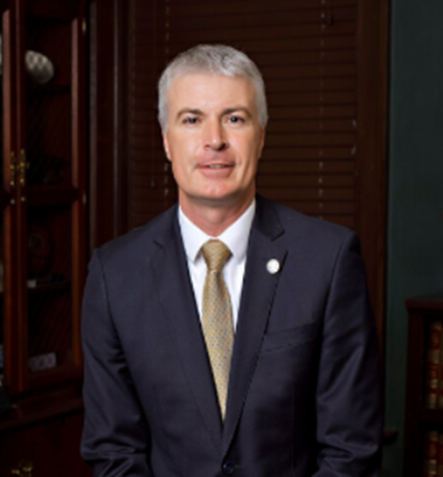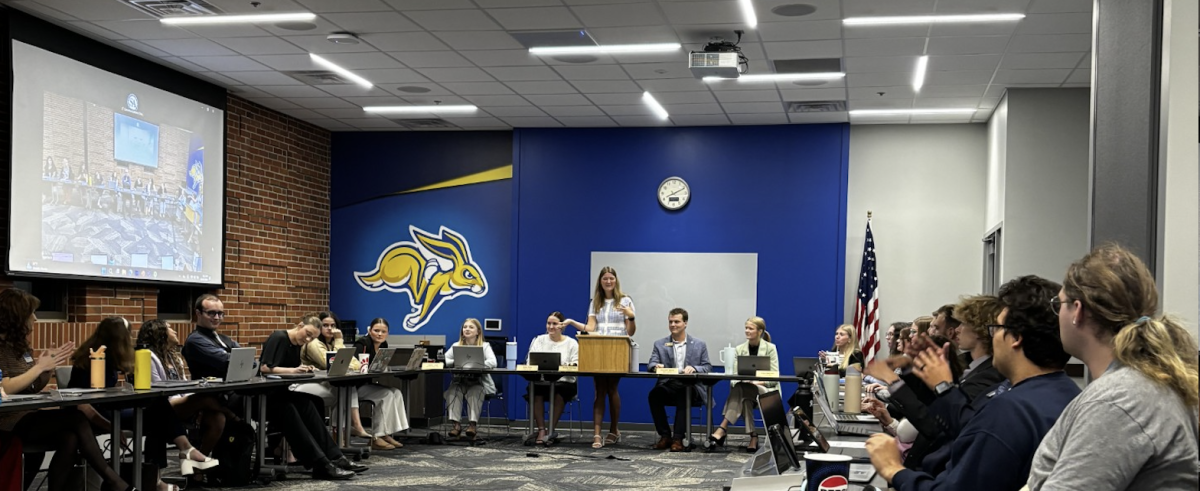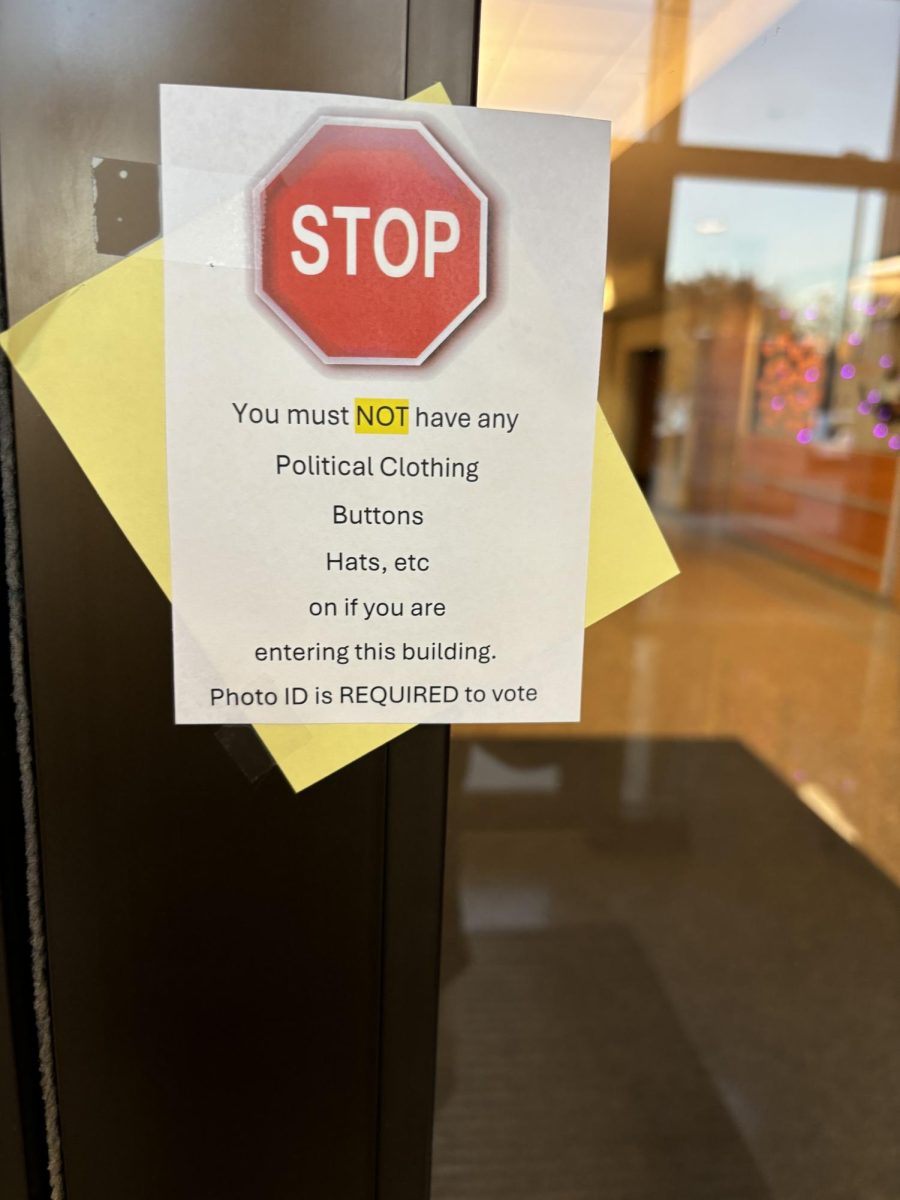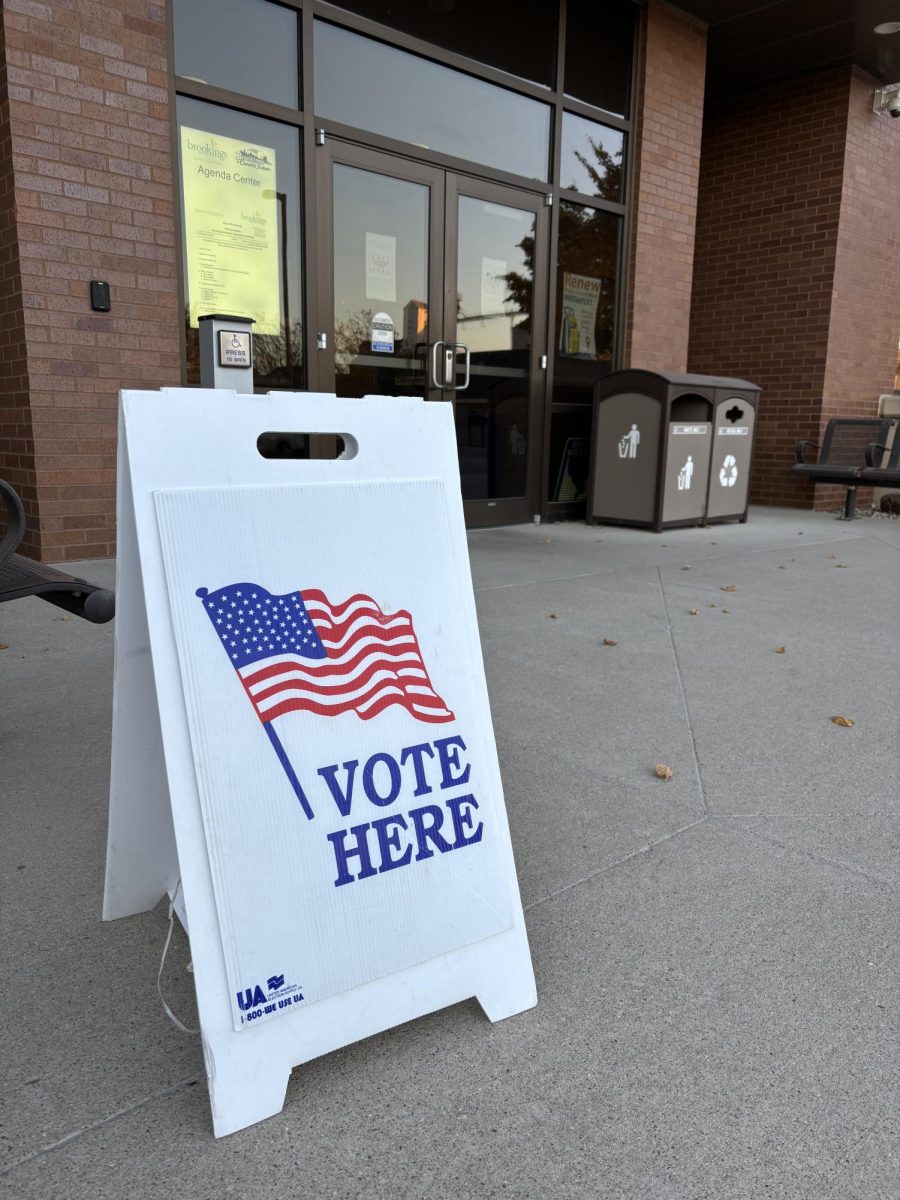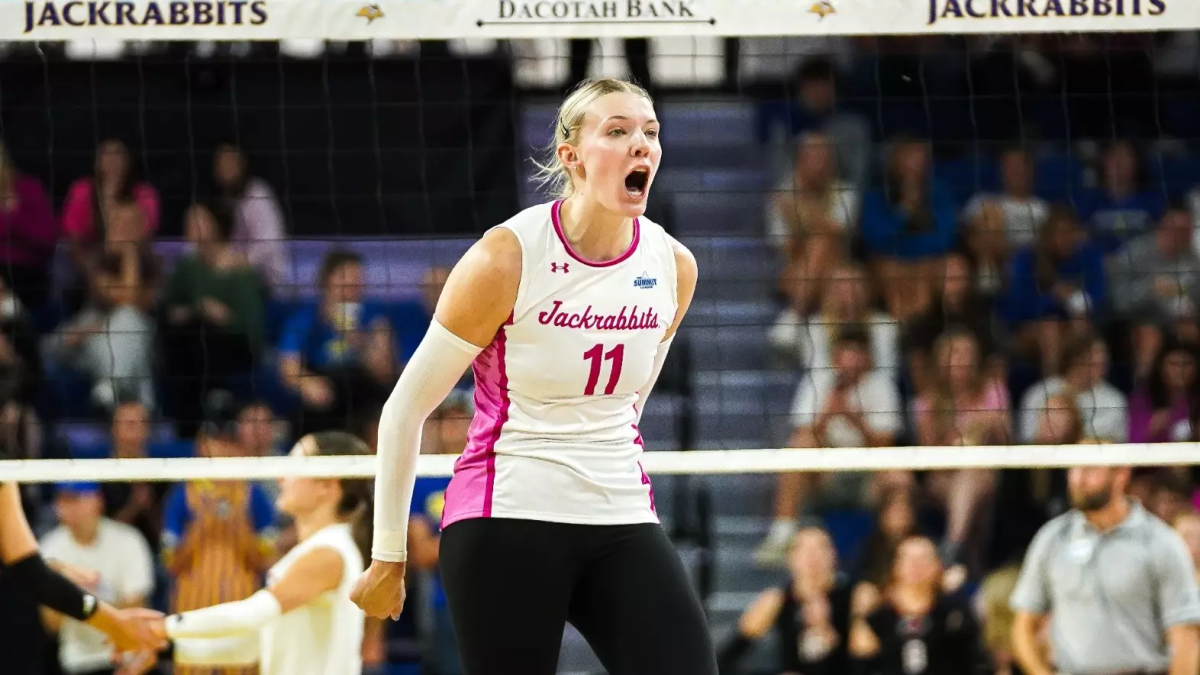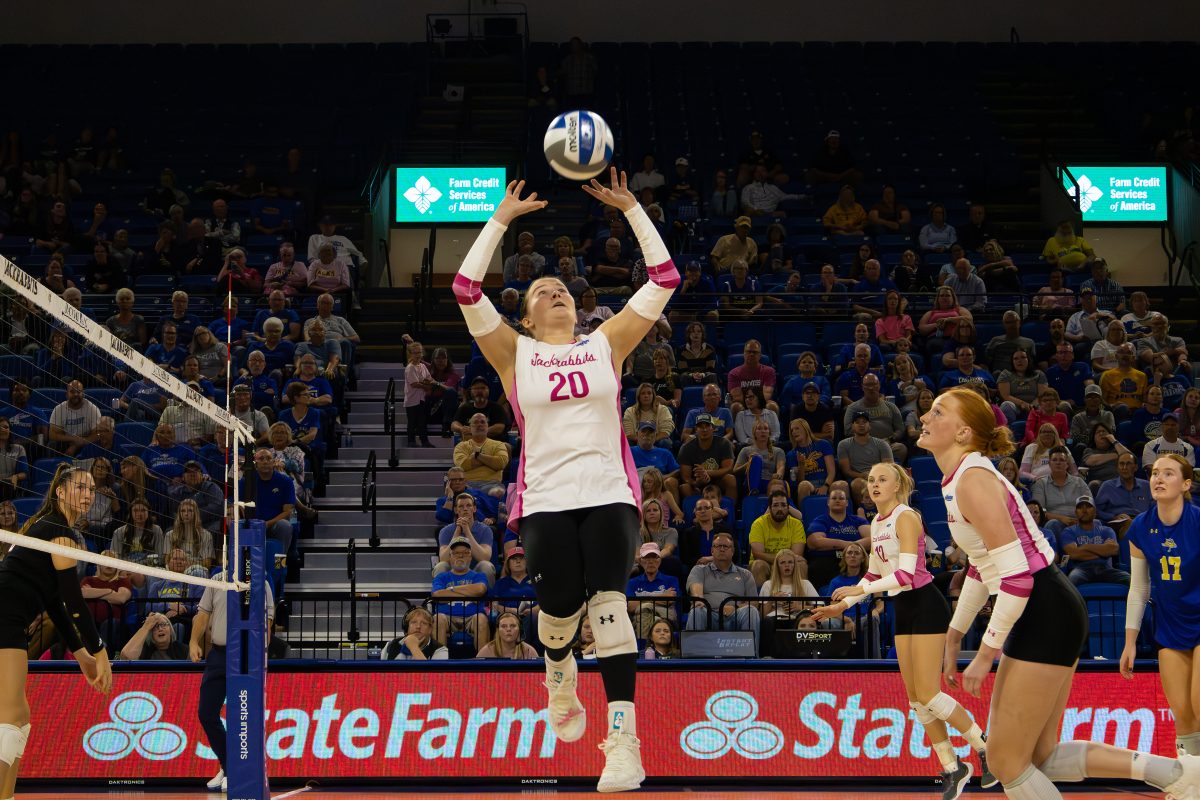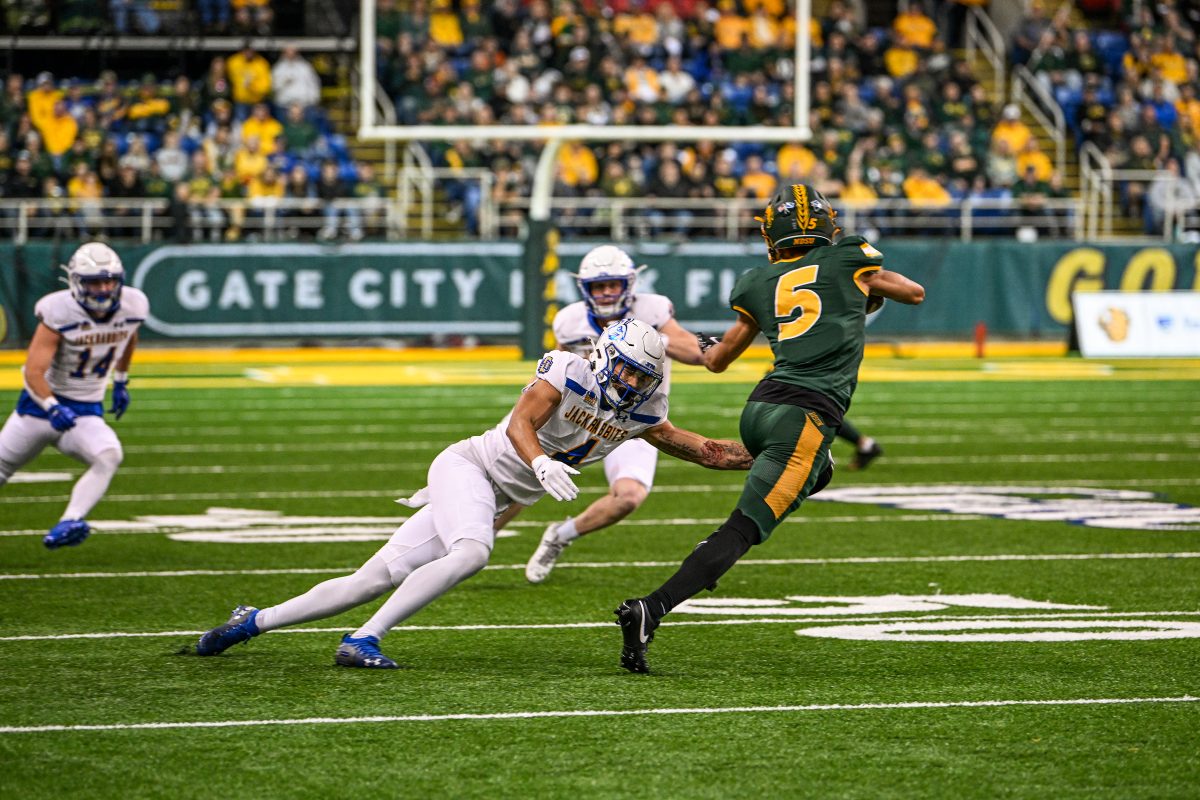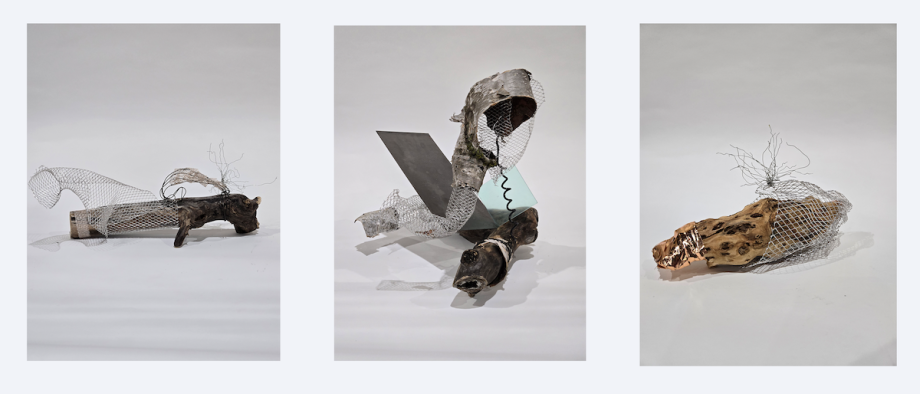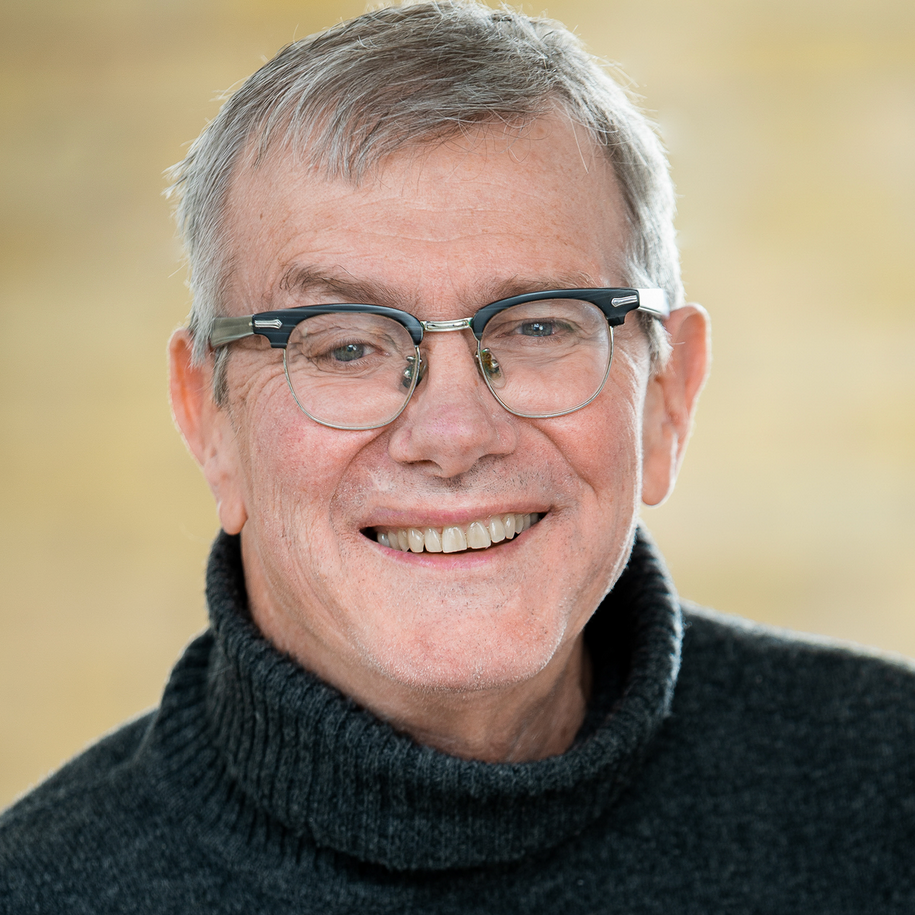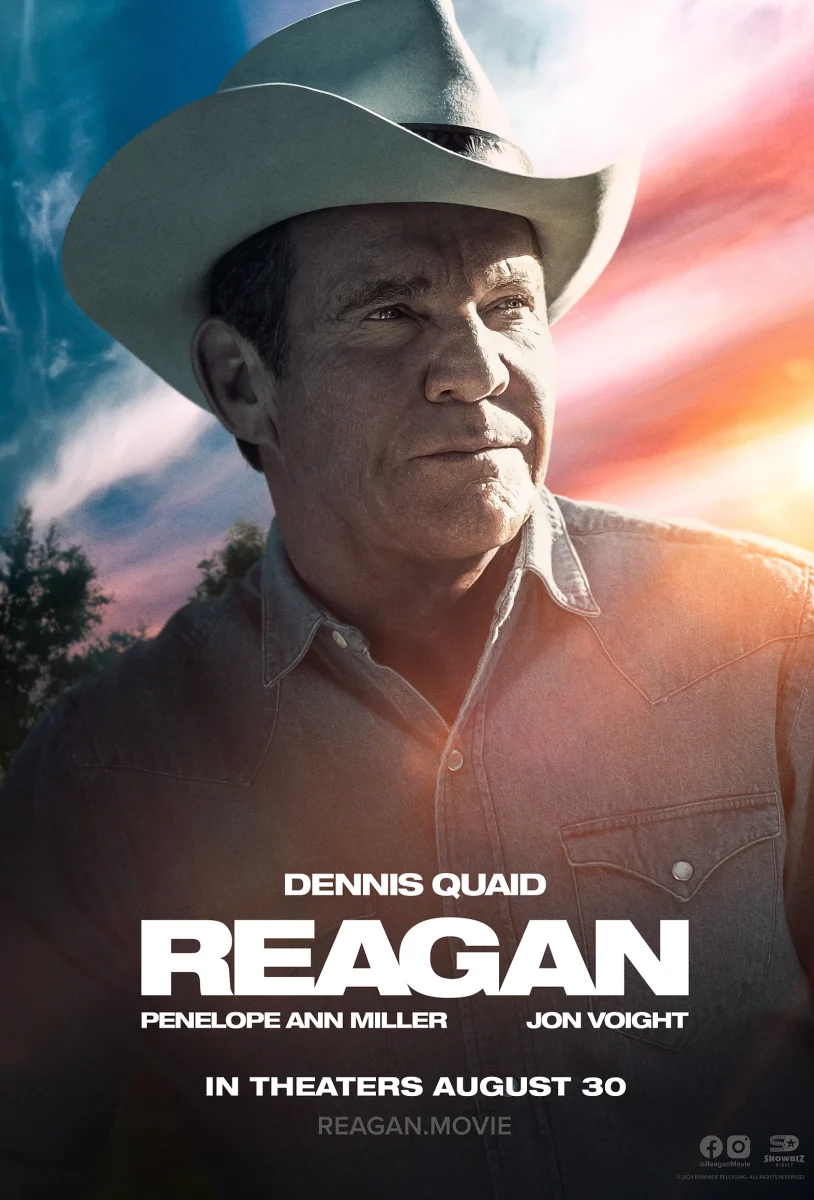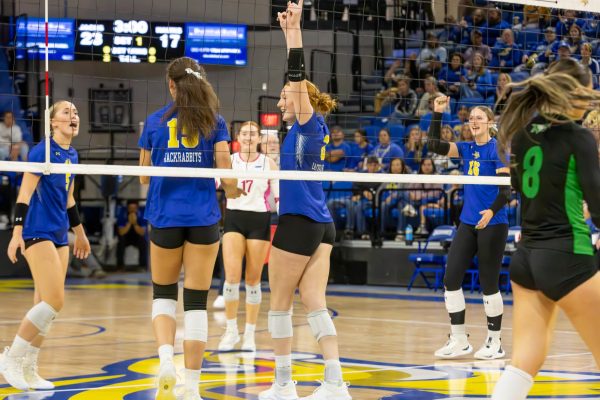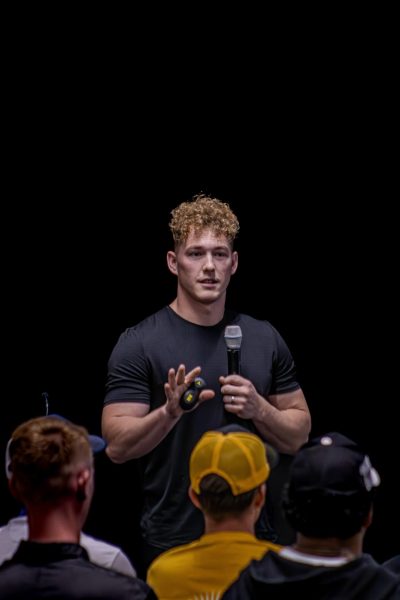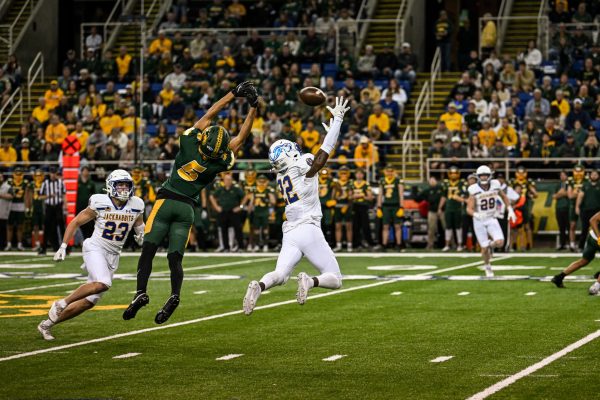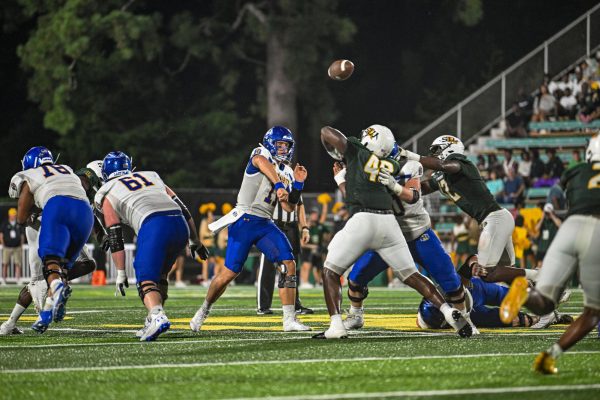Honoring Wacipi to be held in Sioux Falls
November 15, 2005
Victoria Riggs
A very unique wacipi (powwow) to honor veterans will take place Nov. 25 and 26 at Sioux Falls Washington High School. What is so unique is that women and non-Indian veterans will be honored in the first of what will become an annual event.
All local veterans are invited to attend and be honored. Women veterans will be honored Nov. 25 at 7:30 p.m. Iraqi veterans will be recognized the following evening, also at 7:30 p.m.
Dennis Quigley (Rosebud Sioux), Iraqi veteran and co-chairman of the powwow organizing committee, works as a veterans readjustment technician for the Sioux Falls Vets Center. He came up with the idea to hold a powwow honoring all veterans.
“When I moved to Sioux Falls, I always felt that the Native American community should have something they can identify with and hold onto, no matter which reservation they may come from,” Quigley said.
He explained how he proposed his idea to Marlyn Lone Hill (Oglala Sioux), executive director of the American Indian Service Center in Sioux Falls. She liked the idea.
“I conveyed to her that no matter where we came from, we still need to hold onto our culture and traditions, and never lose sight of where we came from,” Quigley said.
The idea grew as representatives of the major veterans organizations in Sioux Falls were asked to participate on the planning committee.
“The powwow is a part of the healing Native American veterans share with each other. We are extending this healing to non-Native American veterans in hopes that we will all share in this healing together,” Quigley said.
Doris Giago (Oglala Sioux), associate professor of journalism at SDSU, further explained the uniqueness of this honoring wacipi.
“The powwow is a social event where people come together to visit, to renew friendships and to catch up on old times and what’s happening,” Giago said.
“There’s always singing and dancing, though there are different kinds of powwows. The traditional powwow has no dance competition. The competition powwow offers cash prizes for dancers, mainly for economics as a way for them to earn money.”
Giago went on to say that Indians have a high regard for veterans, and they show it in a variety of ways.
“In this case, it is a powwow to remember or commemorate their service to their country and to show appreciation for all they have done.”
Giago emphasized how unique this powwow is.
“I have never heard of or remember a powwow honoring women,” she said. “Indian women have served (in the military) in the past, but not in combat. Now they do, so that makes them deserving of equal recognition.”
One important aspect of Native American culture is that women are held in high regard.
“This powwow emphasizes the role of women,” Giago said.
Quigley’s vision for this powwow is for it to become an annual event, growing each year until it becomes the largest of its kind in the nation. He emphasized all veterans in the area are invited to attend and be honored.
“There are many non-Native American veterans who practice our religion and also take part in our powwows. They experience the healing power and attend wacipis to reunite with other veterans to reaffirm the bond that non-veterans will never fully understand.
Race does not matter in combat. The person next to you would save your life, and you would save his. We hope this powwow strengthens the bond of brotherhood which transcends differences in racial origins,” Quigley said.
Beside the honoring ceremonies on Friday and Saturday evenings, the opening ceremony will take place at 10 a.m. Friday morning. A grand entry will be held each day at both 1 p.m. and 7 p.m. A small admission fee will be charged for the event.

